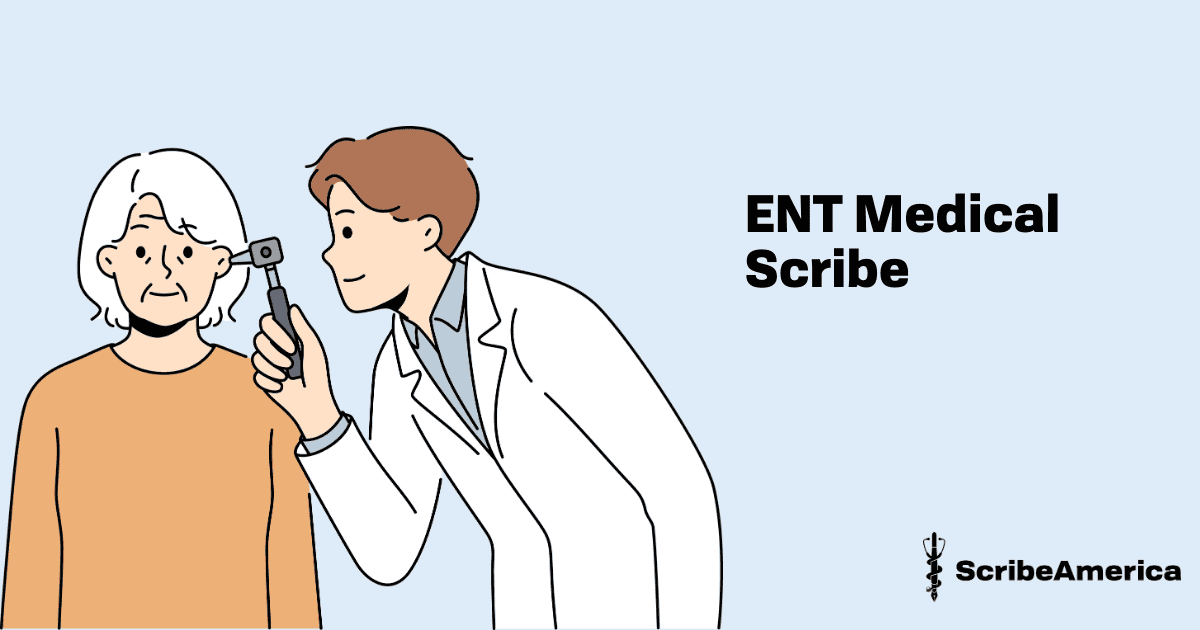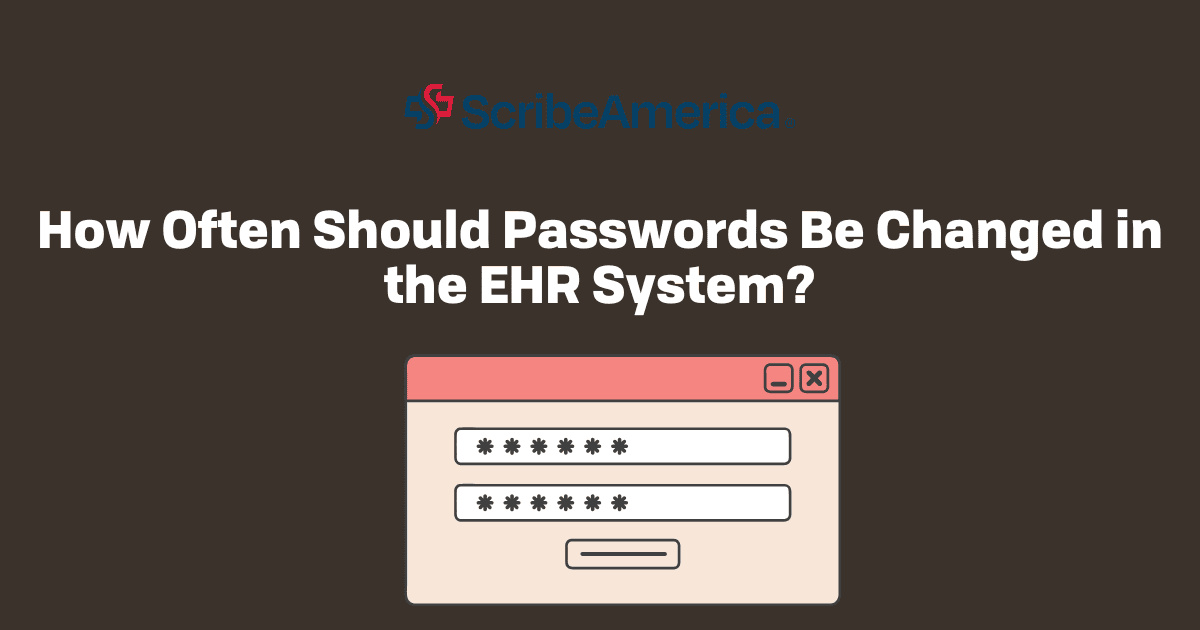Key Takeaways
- Understand the Role: ENT medical scribes assist otolaryngologists by documenting patient encounters in real time, ensuring accuracy and efficiency in medical records.
- Develop the Right Skills: Success in this role requires knowledge of ENT terminology, meticulous attention to detail, proficiency with EHR systems, and strong communication skills.
- Impact on Healthcare: By handling documentation, ENT scribes allow physicians to spend more time with patients, improving care quality and patient satisfaction.
In the fast-paced world of healthcare, the ENT medical scribe has emerged as an indispensable ally to otolaryngologists. This role, while often behind the scenes, is crucial in ensuring that physicians can provide the highest quality of care without getting bogged down by administrative tasks. Want to learn more about being an ENT medical scribe? You’re in the right place!
What is an ENT medical scribe?
An ENT medical scribe works closely with ENT (Ear, Nose, and Throat) specialists, documenting patient encounters in real-time. Their primary task is to accurately and thoroughly enter information into the electronic health record (EHR) system. This allows physicians to focus more on diagnosing and treating patients rather than on data entry.
Beyond documentation,ENT scribes also prepare medical histories, record physician-patient interactions, update patient charts, and manage other clerical tasks. This ensures a seamless flow of information, which is critical for patient care continuity and maintaining comprehensive medical records.

The ideal skill set of an ENT medical scribe
To thrive as an ENT scribe, you need a unique set of skills.
- Know ENT-specific terminology – a strong grasp of otolaryngology vocabulary is essential. Terms like otitis media (middle ear infection), sinusitis (inflammation of the sinuses), laryngoscopy (examining the larynx), audiogram (hearing test), rhinoplasty (surgical reconstruction of the nose), and tonsillectomy (removal of tonsils) frequently appear in clinical conversations. Mastery of such terms allows scribes to keep up with the flow of discussions and accurately record conditions, procedures, and treatment plans.
- Be detail-oriented – precision is critical, since even small mistakes in medical documentation can have serious consequences for patient care. ENT scribes must capture every detail carefully and verify information to ensure accuracy.
- Work efficiently with EHR systems – much of the role centers on entering information into electronic health records. Proficiency in typing, navigating digital systems, and updating charts quickly and correctly is a must.
- Communicate clearly and effectively – scribes frequently interact not only with physicians but also with patients and other healthcare staff. They need to actively listen, interpret medical information correctly, and convey it in a clear, concise way that supports the team.
- Adapt to fast-paced environments – otolaryngology practices can be busy, and scribes often juggle multiple tasks simultaneously. The ability to stay organized, prioritize under pressure, and maintain accuracy without slowing down is essential.
An ENT medical scribe who combines these abilities ensures that documentation is thorough, communication is seamless, and physicians are supported in delivering the highest quality of care.
Why are ENT medical scribes important?
Having an ENT scribe on board can significantly enhance the workflow of an otolaryngology practice. By taking over the documentation duties, scribes free up physicians to spend more time with patients, improving the quality of care and patient satisfaction. Detailed and accurate documentation also supports better diagnosis and treatment planning, leading to improved healthcare outcomes.
ENT medical scribes are a vital component of modern otolaryngology practices. Their ability to efficiently manage medical documentation not only supports ENT specialists but also contributes to the overall effectiveness of healthcare delivery. For those with an eye for detail, and a knack for medical terminology, becoming an ENT scribe can be a fulfilling and impactful career choice.
Read also: Do you need certification to be a medical scribe?




